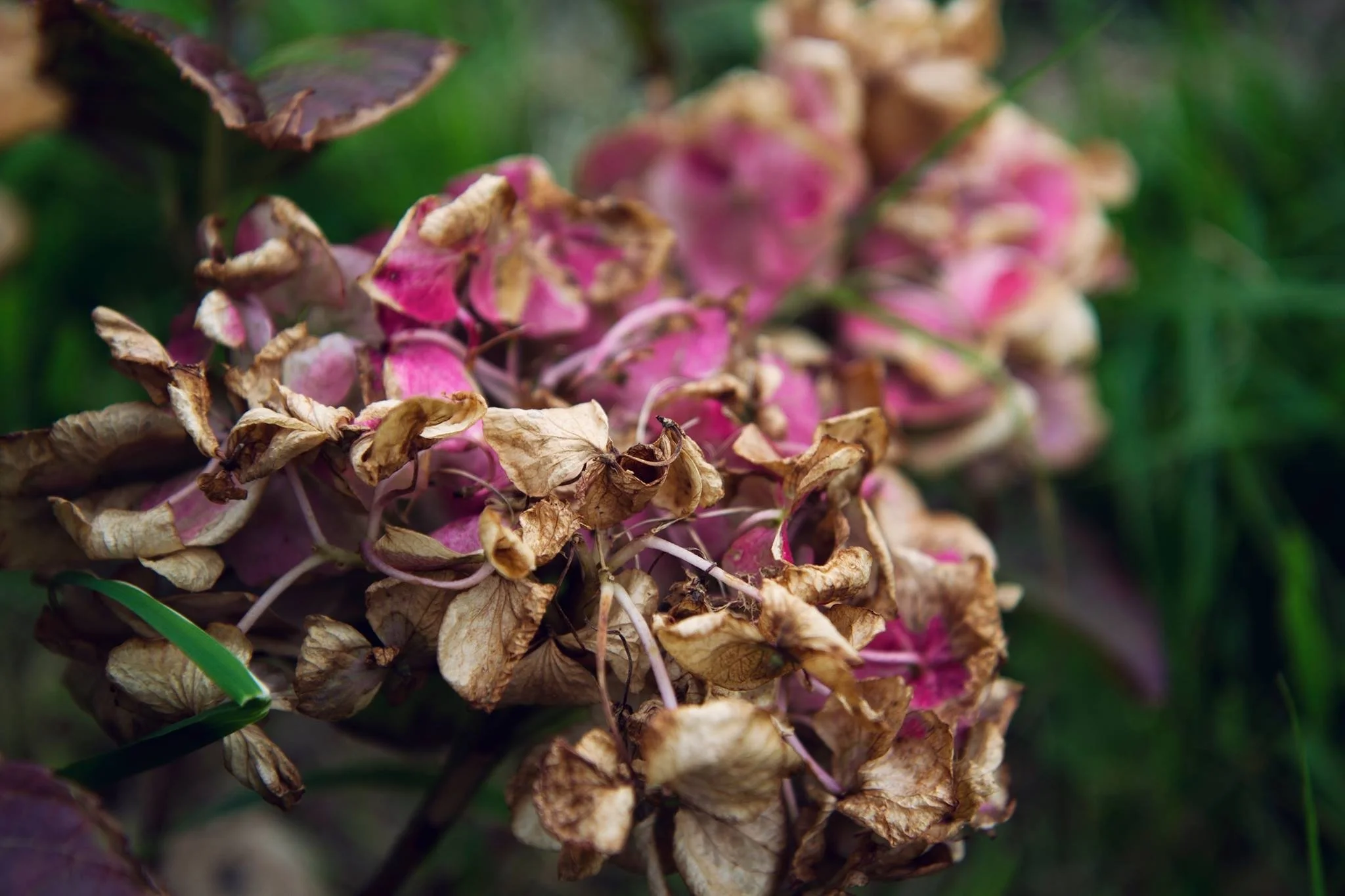My BRCA2+ Journey - Part 1
It was August 8, 2018. I was somewhere in Galicia on a quick holiday with my then boyfriend when I got the phone call that I had tested positive for a BRCA2 mutation. Within an instant, I found myself aware of a new level of anxiety and fear and all I could do was cry. I was 26.
Rewind 5 years to 2013 when my aunt (my mom’s sister) was suddenly diagnosed with an early stage of breast cancer when she was only 47. During her annual mammogram appointment, the doctors found her lump. It might sound strange to you reading, but I’ll forever be grateful for this moment - not because she had cancer but because they found it. Not only was it a routine appointment that she could have easily postponed or canceled, but her appointment was timed perfectly for the lump to be big enough to be seen, yet small enough to be treated with only surgery. And the icing on the cake was that she was still considered young enough to be tested for genetic mutations. In the United States if you’re diagnosed with cancer before 50, your doctors are required to test you for genetic mutations. When she tested positive for BRCA2 mutation, the rest of the family was also encourage to get tested.
Some of you might know that my mom’s family were all avid Christian Scientists. No, it’s not the same as Scientology. Amongst other things, they’re adamant about not using western medicine because they believe prayer is the only intervention needed to heal. They often won’t even request an autopsy or cause of death because there is, quite frankly, just no point. We knew that many of the women in my family had died at early ages, but in many cases, without an exact known cause. My great-grandma’s death certificate even lists her cause of death as “Christian Science”, which we find quite humorous now. Thanks to our genetic testing, we feel pretty confident that it was BRCA2 related cancers that caused their deaths.
BRCA genes are natural tumor suppressants. Everyone’s got them and depend on them to help keep their bodies safe. However, when you have a mutation to those genes, that means they don’t fight quite as strong and therefore make you more susceptible to developing certain cancers. When you have a mutation to either of your BRCA genes, you’re significantly more likely to develop breast, ovarian/prostate, and pancreatic cancers. BRCA1 and BRCA2 mutations differ from each other only slightly in that BRCA2 mutations also increase your likelihood of developing melanoma (skin cancer).
When you receive a positive BRCA mutation diagnosis, you have a session with a genetic counsellor who gives you information about your treatment options. My genetic counsellor informed me that in short, I had two options: screening and/or prophylactic surgery. Screening for BRCA related cancers are generally geared towards breast cancer as that is the most likely cancer to develop. This can mean a number of types of tests depending on your age and where in the world you live. For me, as someone who at the time was in their mid twenties, it meant annual breast MRIs. While screening is strongly encouraged, ultimately, it’s prophylactic surgeries that provide the best mortality rates. Receiving this news all at once was more that a lot to process so instead of jumping to the surgery route, I started my screening process and what would become 4 years filled with anxiety, deep reflection, and planning.

